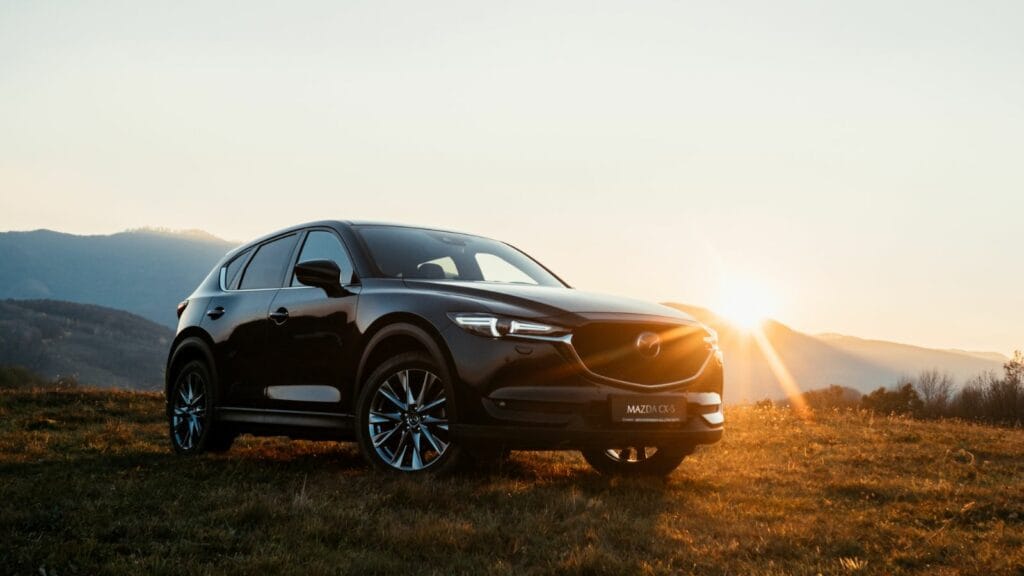The recent trade disputes between Canada and America have wrecked the automotive industry. The trade war is not limited to the North American sphere. Instead, it affects the whole world. These trade disputes inflate costs for foreign vehicles, particularly those imported from Japan, South Korea, and Europe. The vehicles not using U.S. components are also punished, resulting in potential discontinuations in Canada. Here are 20 cars that may be discontinued in Canada due to trade disputes:
Hyundai Ioniq 5
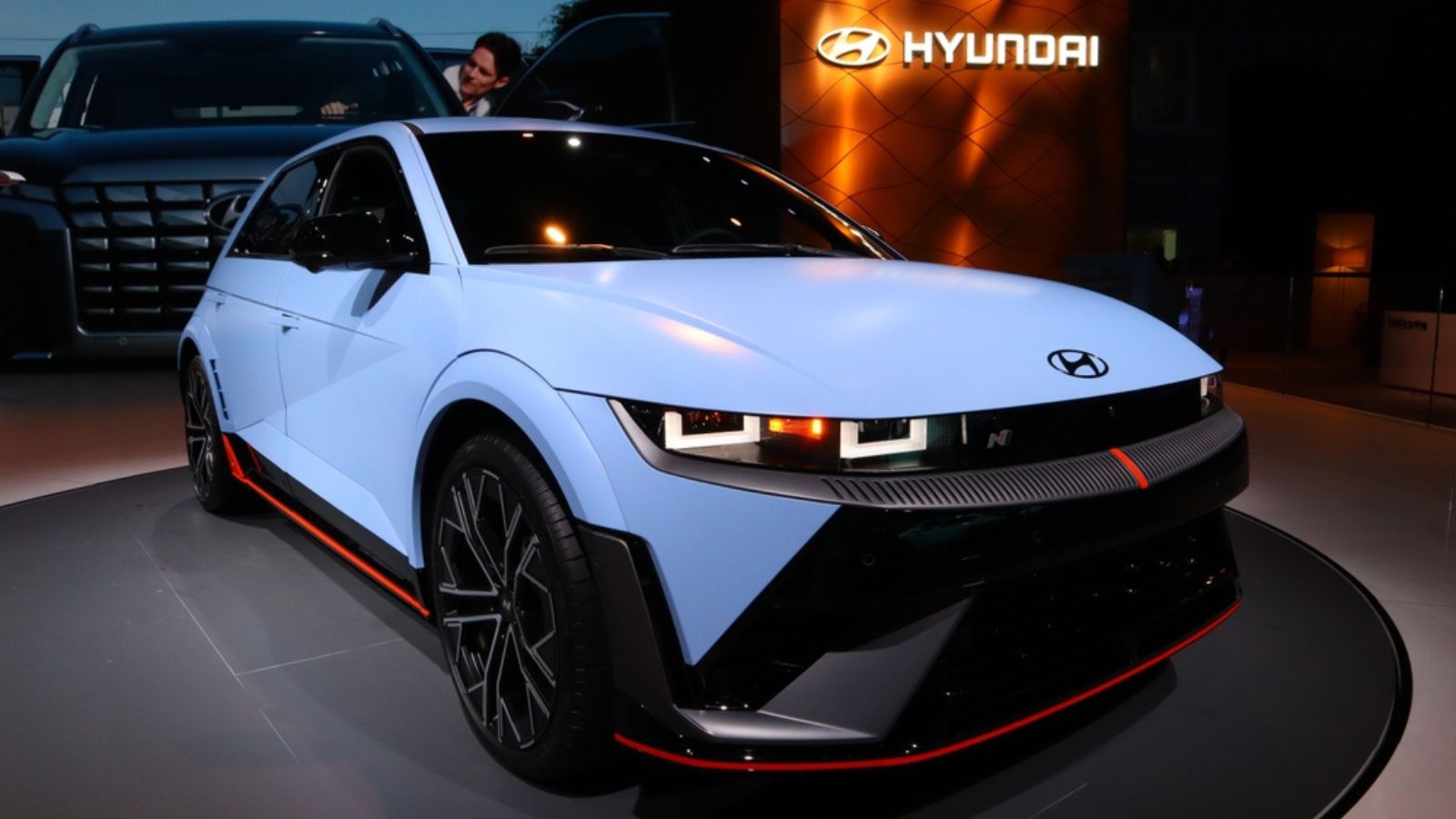
Due to its immense price hikes, the Hyundai Ioniq 5 may be discontinued in Canada. This vehicle is produced in South Korea and faces the wrath of the U.S.-imposed tariffs while entering North America. With EVs already facing slim margins due to high battery costs, a $5,000–$10,000 price hike would not be acceptable.
BMW X3
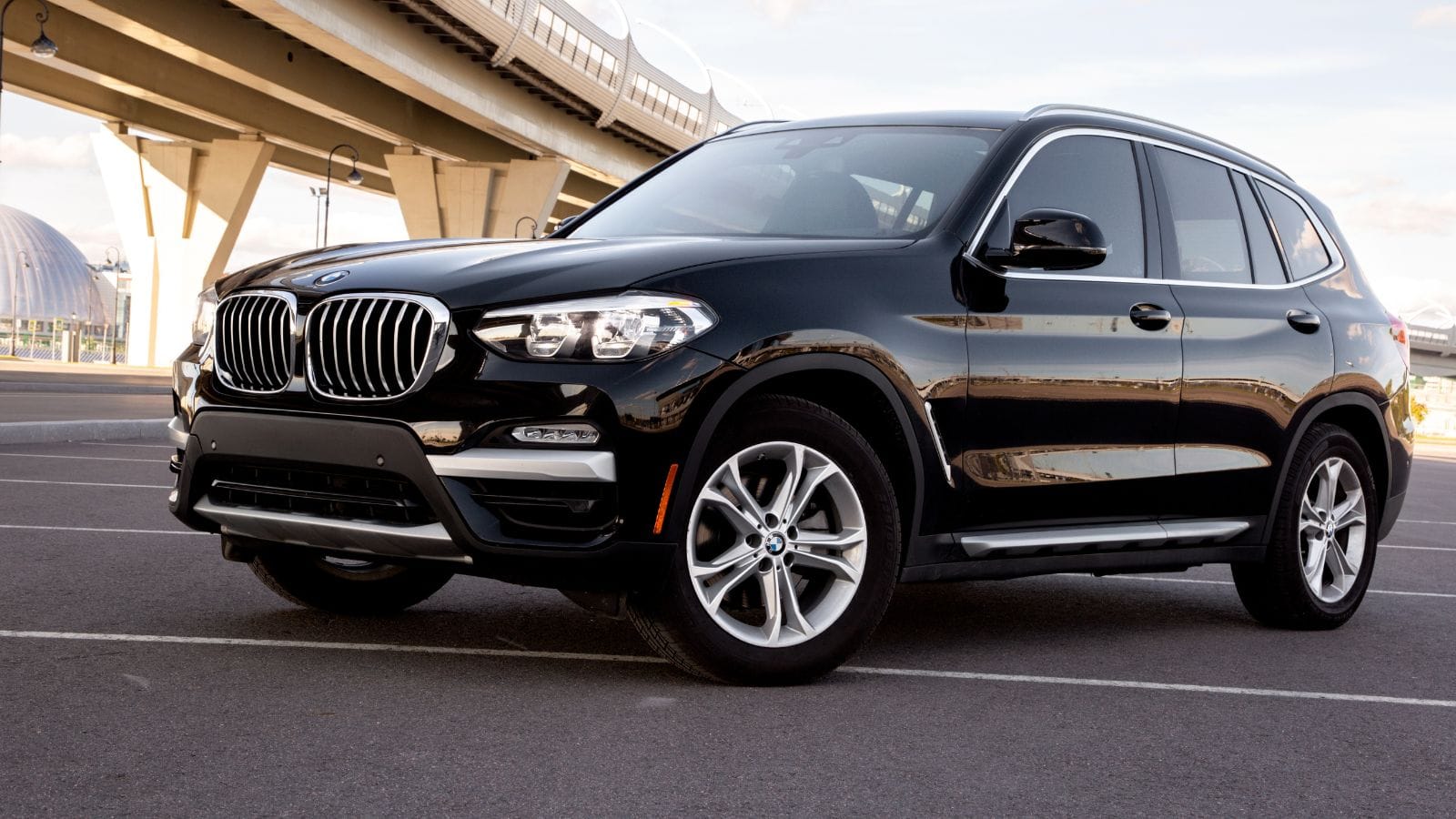
The BMW X3 is a luxury compact vehicle that faces higher taxes and higher prices. Since its components are high-end, the new tariffs have increased its price significantly. Consumers face a higher base price, repair costs, and overall maintenance costs, resulting in this vehicle being avoided.
Kia EV6
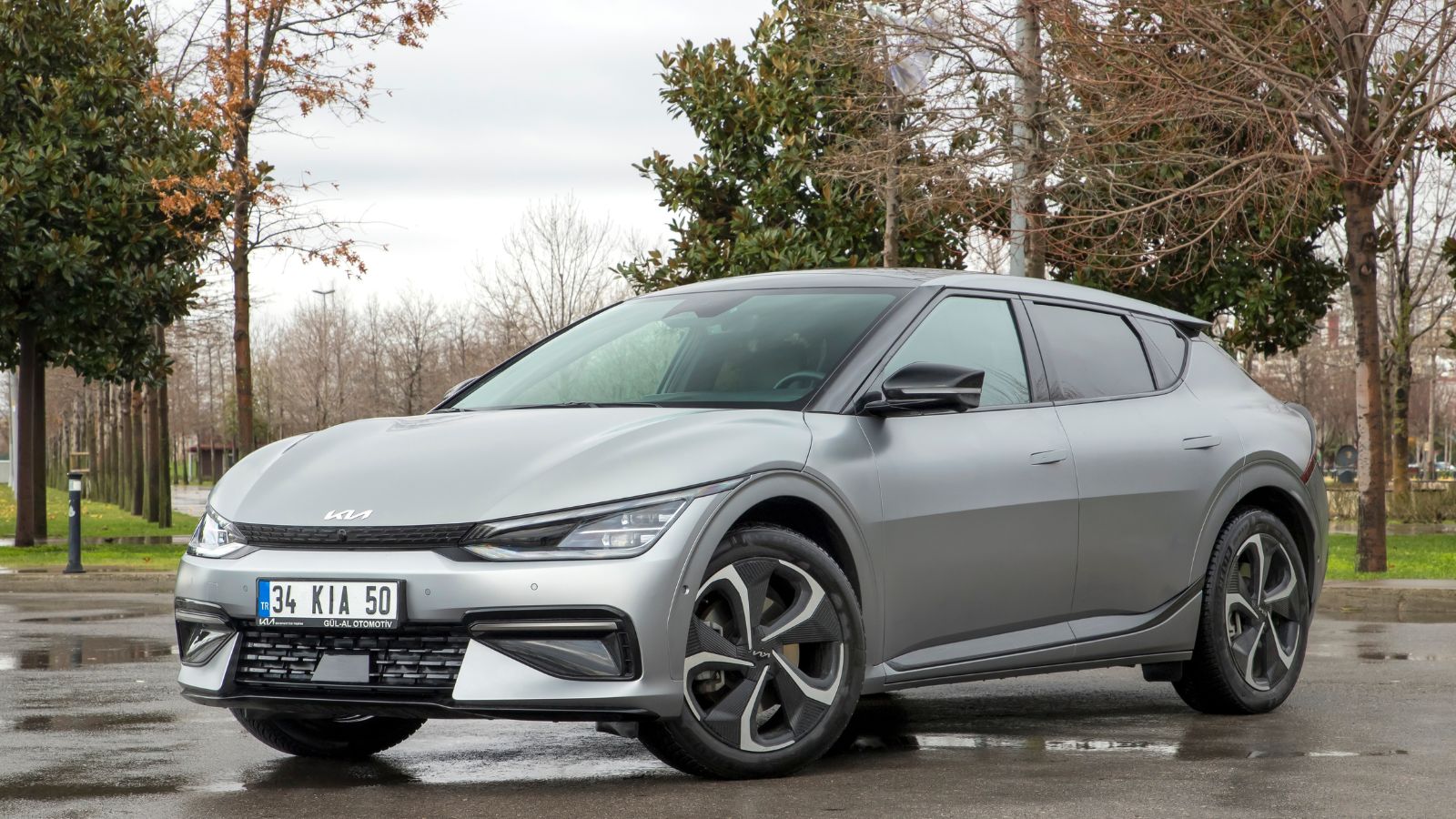
Another EV produced in South Korea, the Kia EV6, offers premium features at a mid-tier price. However, the trade war and current tariffs on components have ruined the base price of this vehicle. The EV6’s niche market share in Canada and intense competition from domestic EVs will not allow it to survive.
Subaru Outback
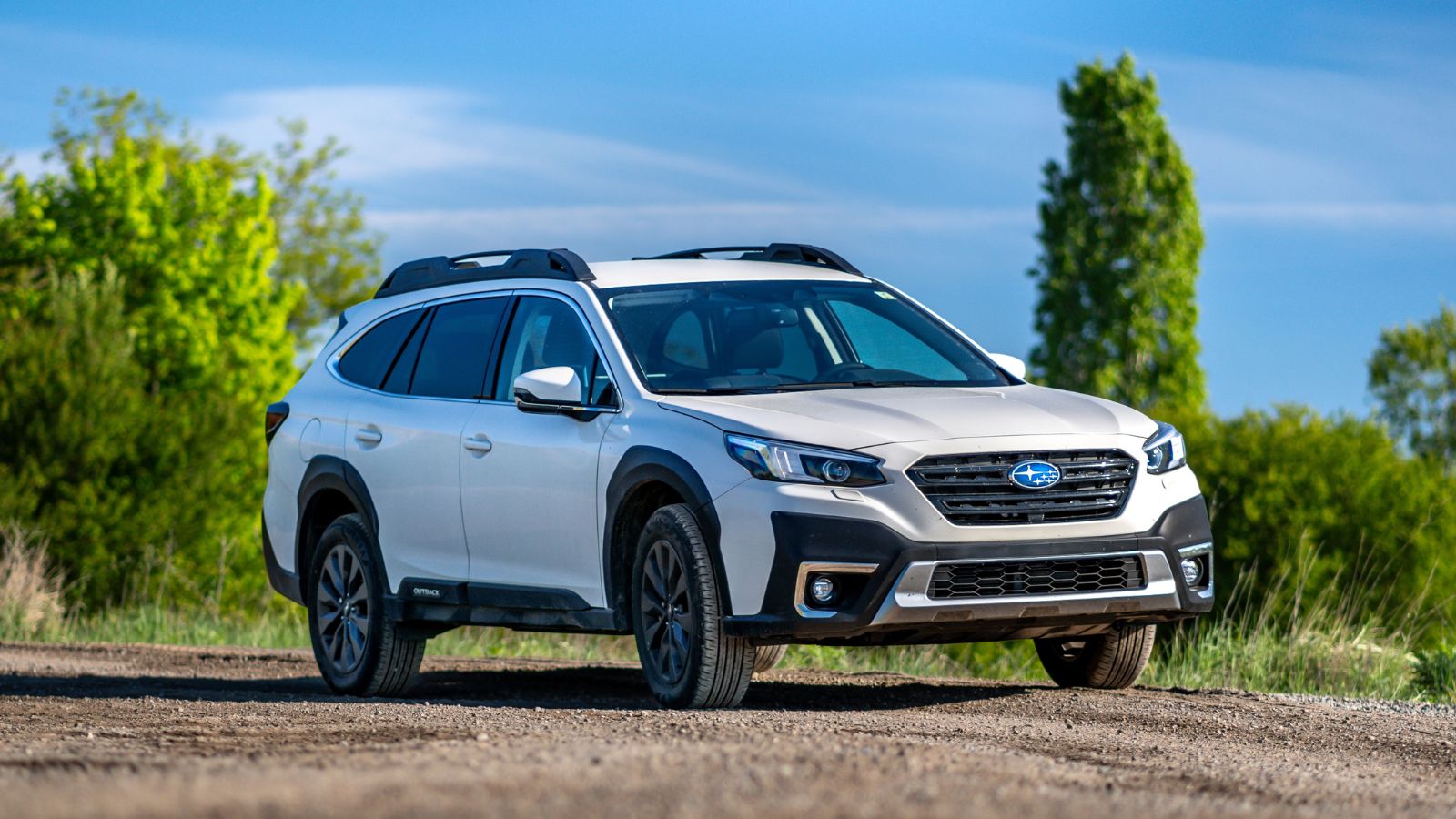
Currently, the Subaru Outback is one of the best wagons on the market, and it is produced in both the U.S. and Japan. However, the Outback’s mid-size segment faces declining demand as buyers prefer cheaper compact cars in the face of tariffs. Moreover, the price hike and plans of relocation introduce various risks that might not be taken.
Subaru Crosstrek
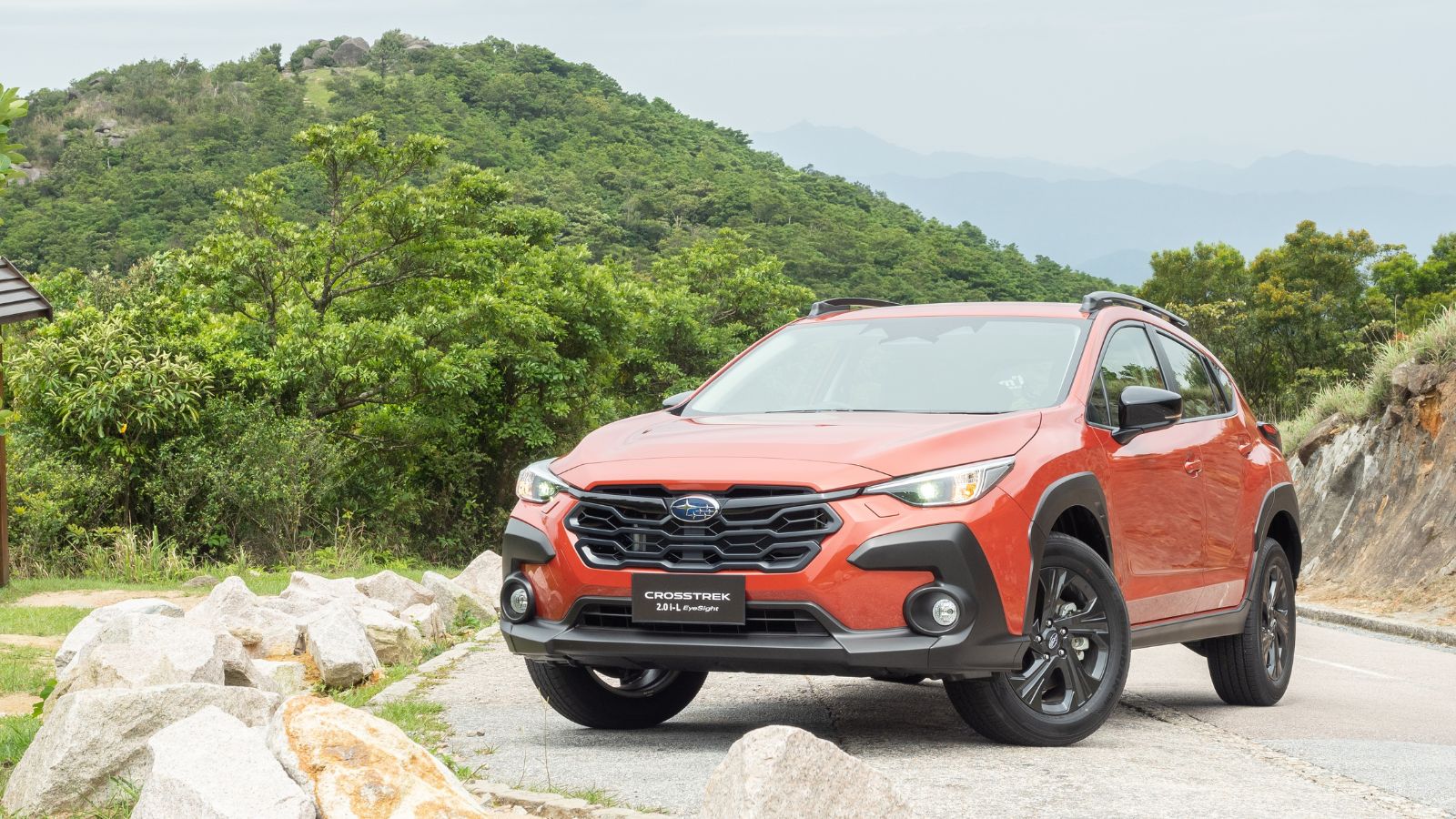
The Subaru Crosstrek suffers the same fate as the other nameplates from its brand, produced in the U.S. and Japan. While some of its models are tariff-free due to Canada’s free trade agreement with Japan, the U.S. imports are not. The pounding competition, price hikes, and competitiveness will lead to its discontinuation.
Toyota Corolla
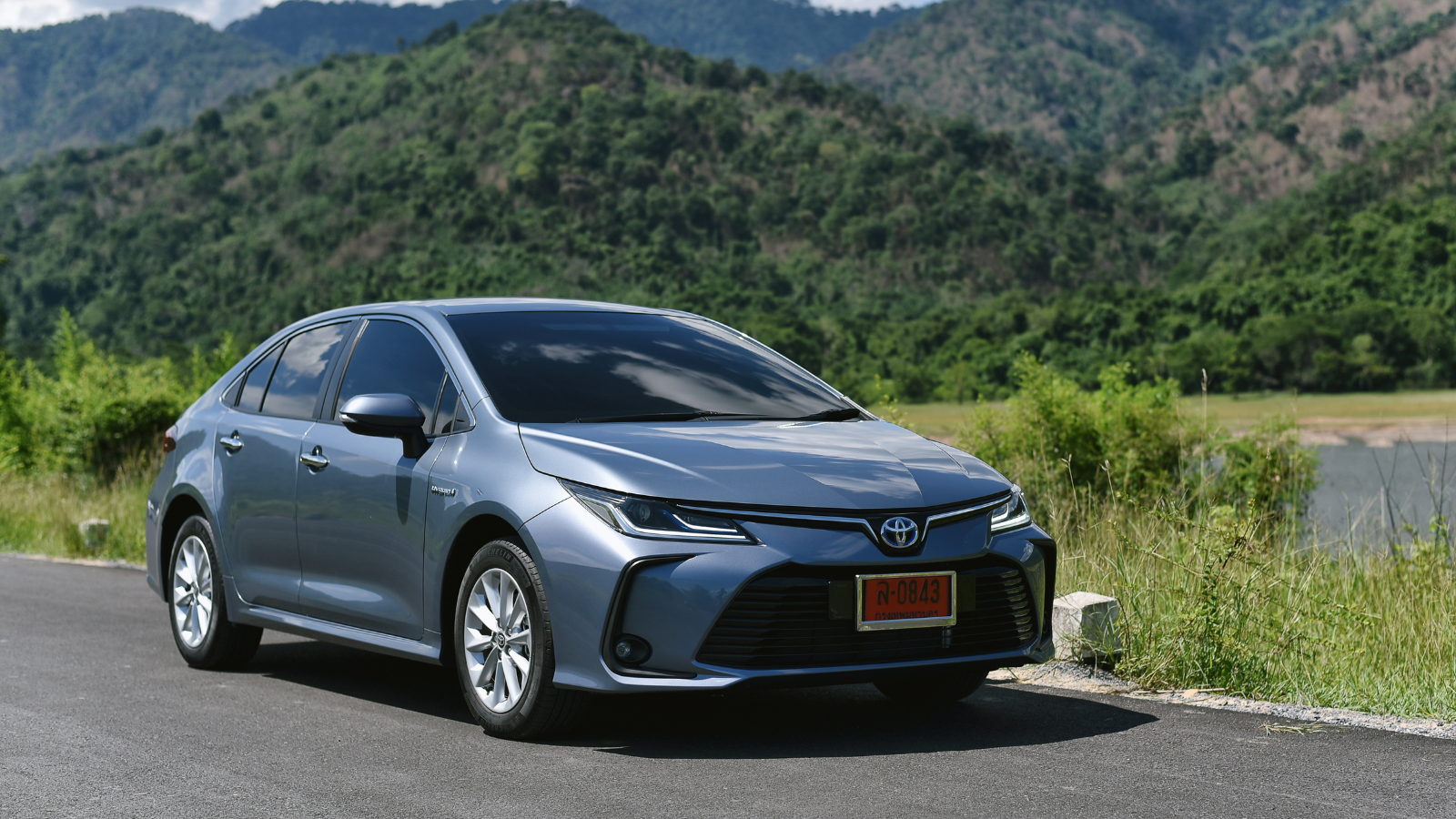
The Toyota Corolla symbolizes reliability and durability in the automotive industry. Standing out with its Toyota Safety Sense and reliable performance, this vehicle might be discontinued in Canada. The main reason for this would be Canada’s retaliatory tariffs on U.S.-sourced components and its production base in Japan.
Mazda-CX5

The remaining stock of the Mazda CX 5 is being sold tariff-free, but the new batch will face tariffs. Mazda’s recent halt of CX-50 production for Canada due to tariffs signals vulnerability. With a smaller presence in Canada than in the United States, the brand might just discontinue it to avoid any hassle.
Nissan Rogue
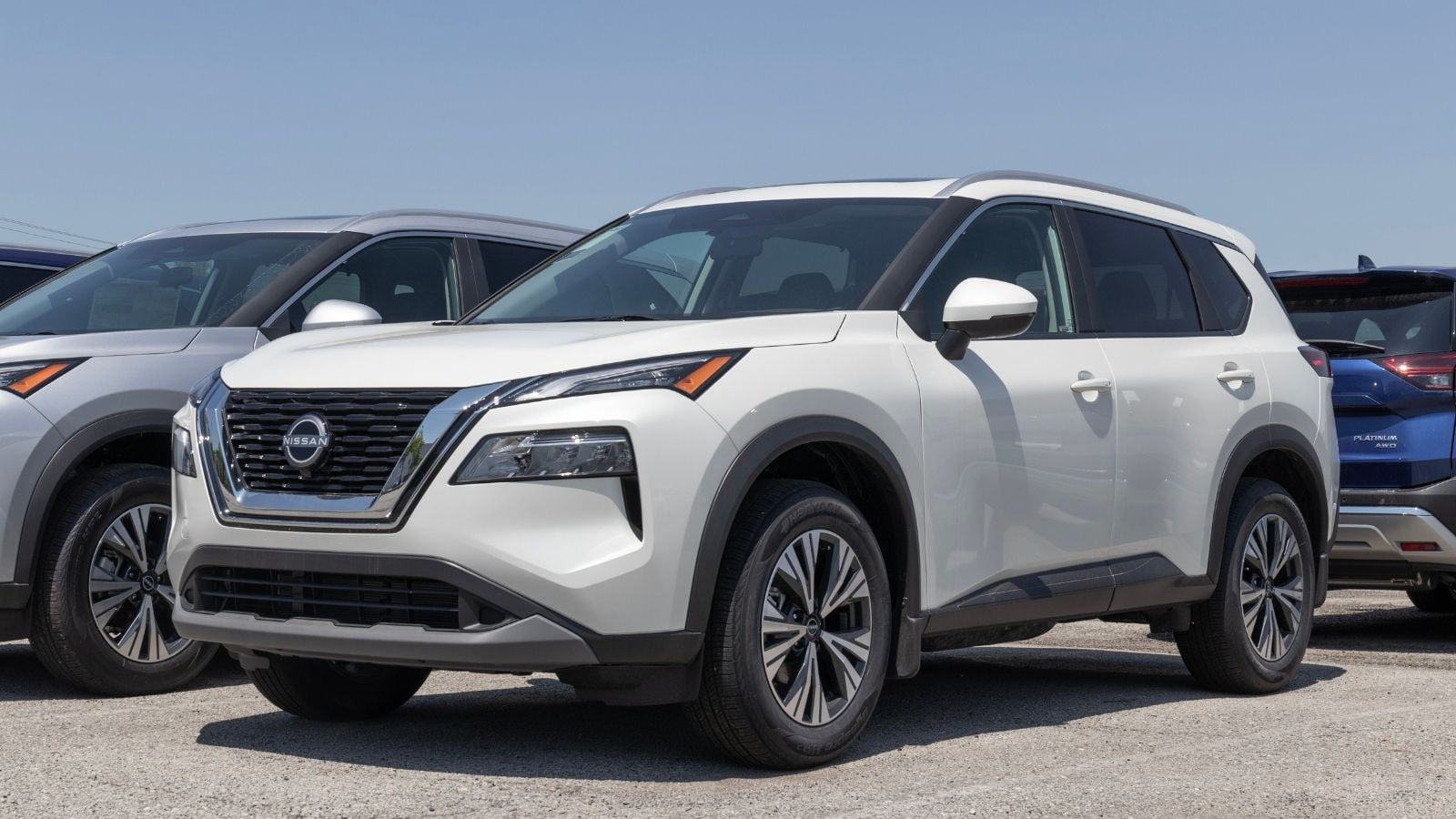
Powered by a 1.5-liter turbocharged three-cylinder engine, the Nissan Rogue is a famous crossover in Canada. Widely used by many families and celebrated for its reliability, this model might be discontinued soon in Canada. Nissan’s shift to U.S. production for other models and tariffs on the Rogue will reduce its presence in Canada.
Honda Accord
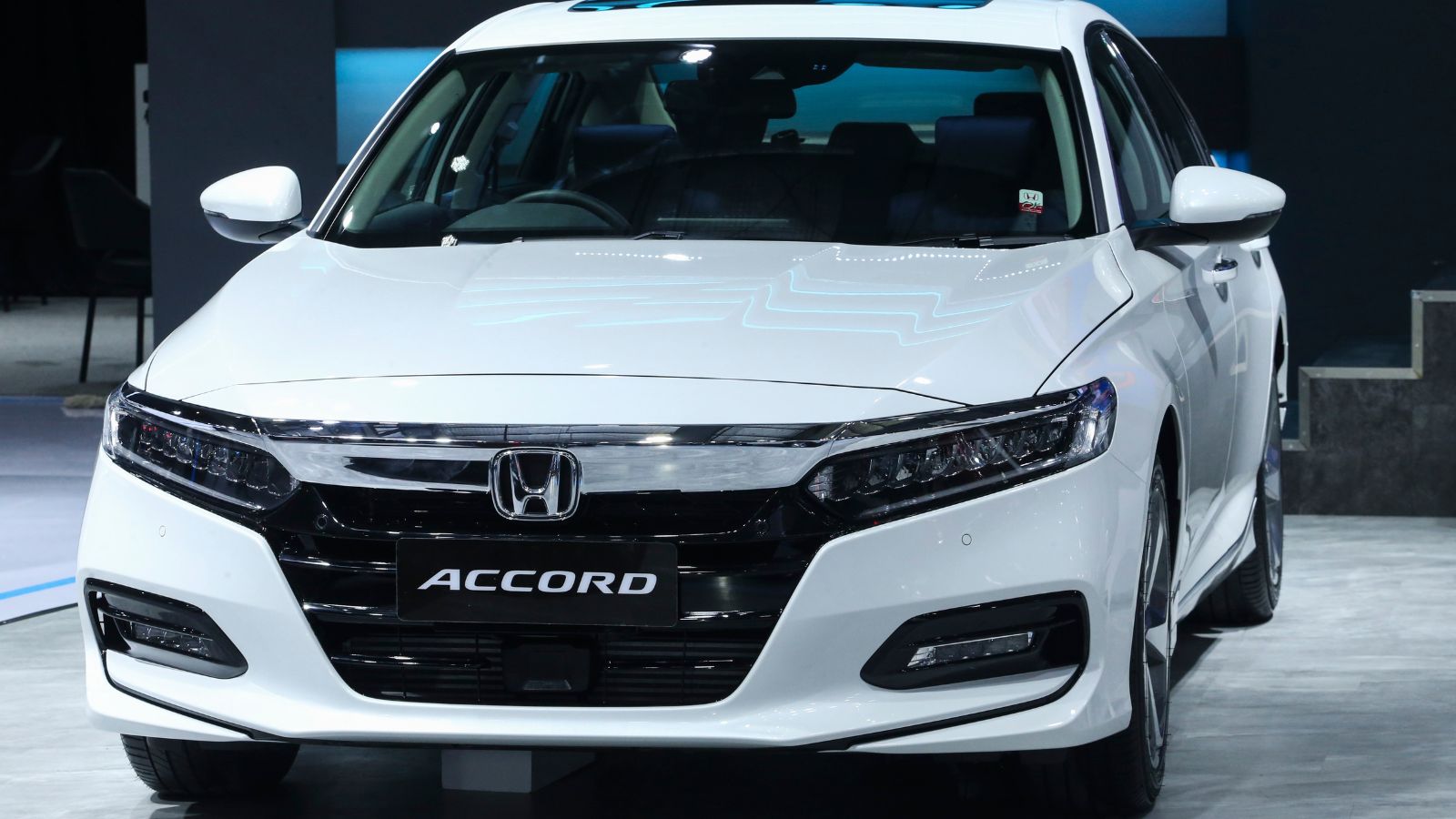
The Honda Accord is a mid-size sedan featuring the Honda Sensing for safety, among other intuitive features. It is powered by a turbocharged 1.5L or optional 2.0L engine and is also available as a hybrid. U.S. tariffs on non-USMCA parts, such as Japanese electronics, will increase the costs of this vehicle, combined with increased base prices.
Volkswagen Jetta
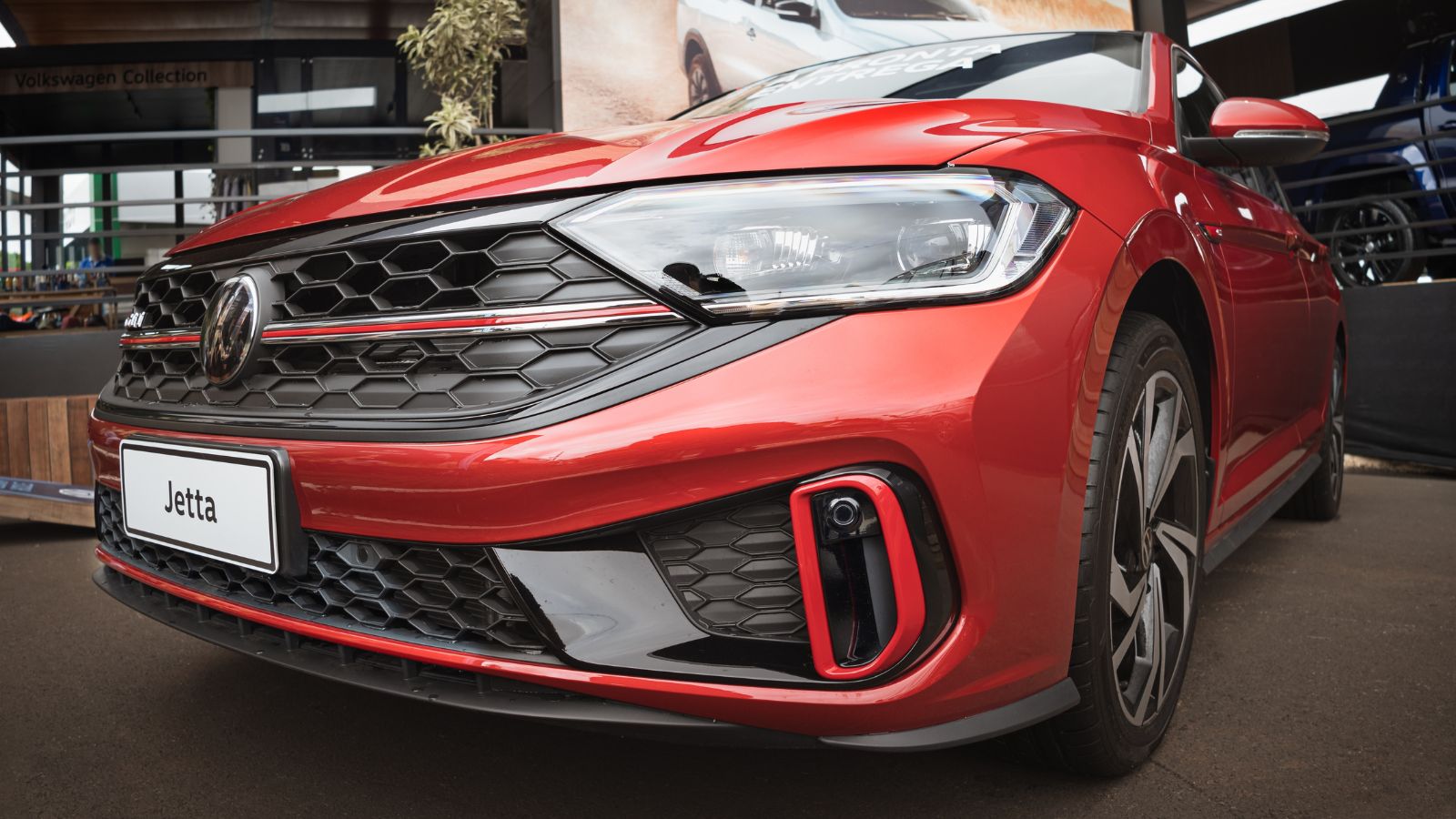
The Volkswagen Jetta is a great vehicle that showcases the best of European style and performance. Built in Mexico, it appeals to a wide range of Canadian buyers for its affordability and comfortable interior. The U.S.-imposed tariffs on parts are bound to increase the price of the vehicle, which will give Canadians other options in the same price range.
Volkswagen Tiguan
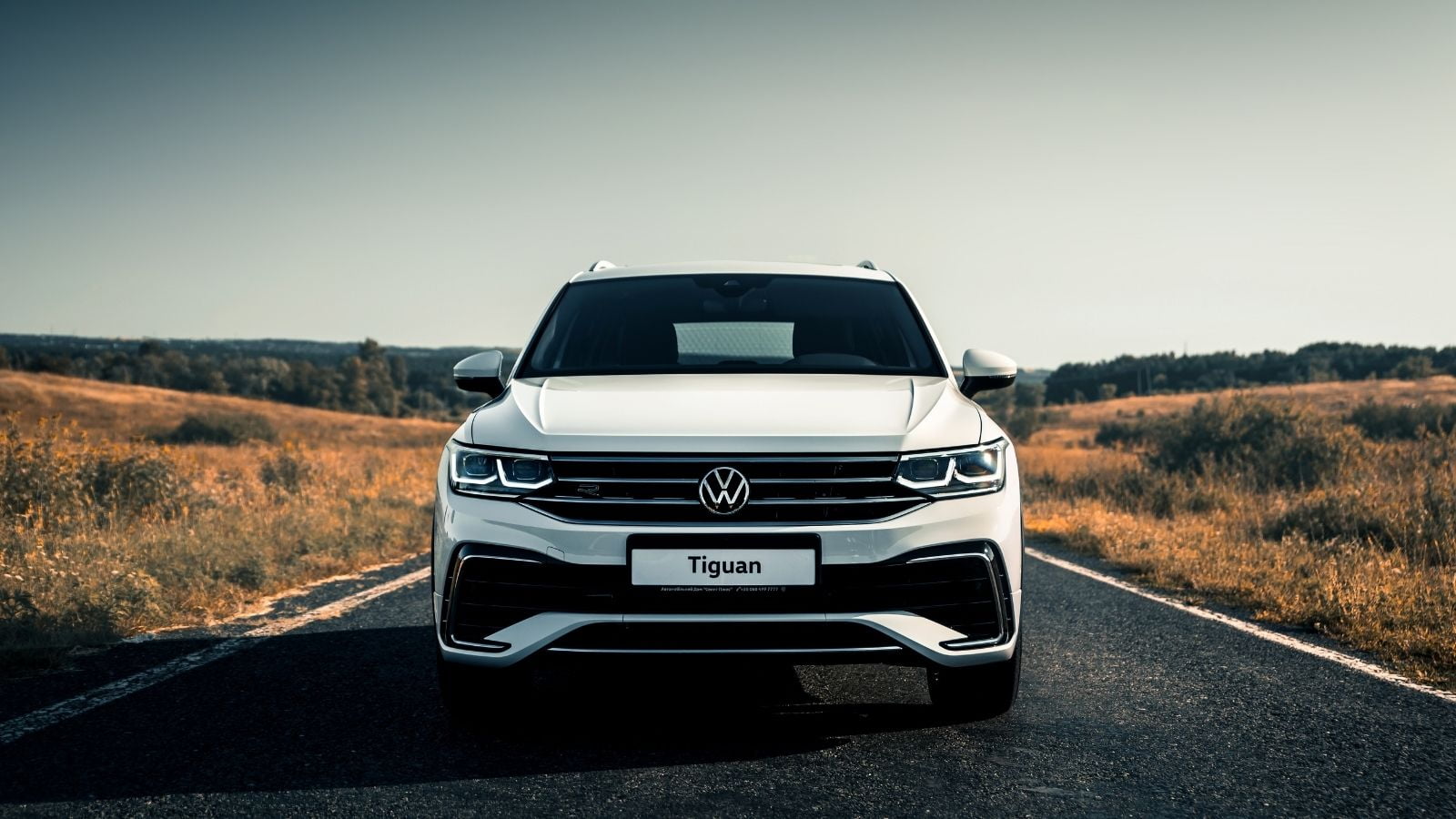
The Volkswagen Tiguan is a compact SUV produced in Mexico. It is on the verge of being discontinued in Canada. Apart from the tariffs on exports and parts by the U.S., this vehicle will suffer from increased competition from domestic models. The brand’s focus on U.S.-built EVs to avoid tariffs could reduce Mexican imports, threatening the Tiguan.
Mercedes-Benz C-Class
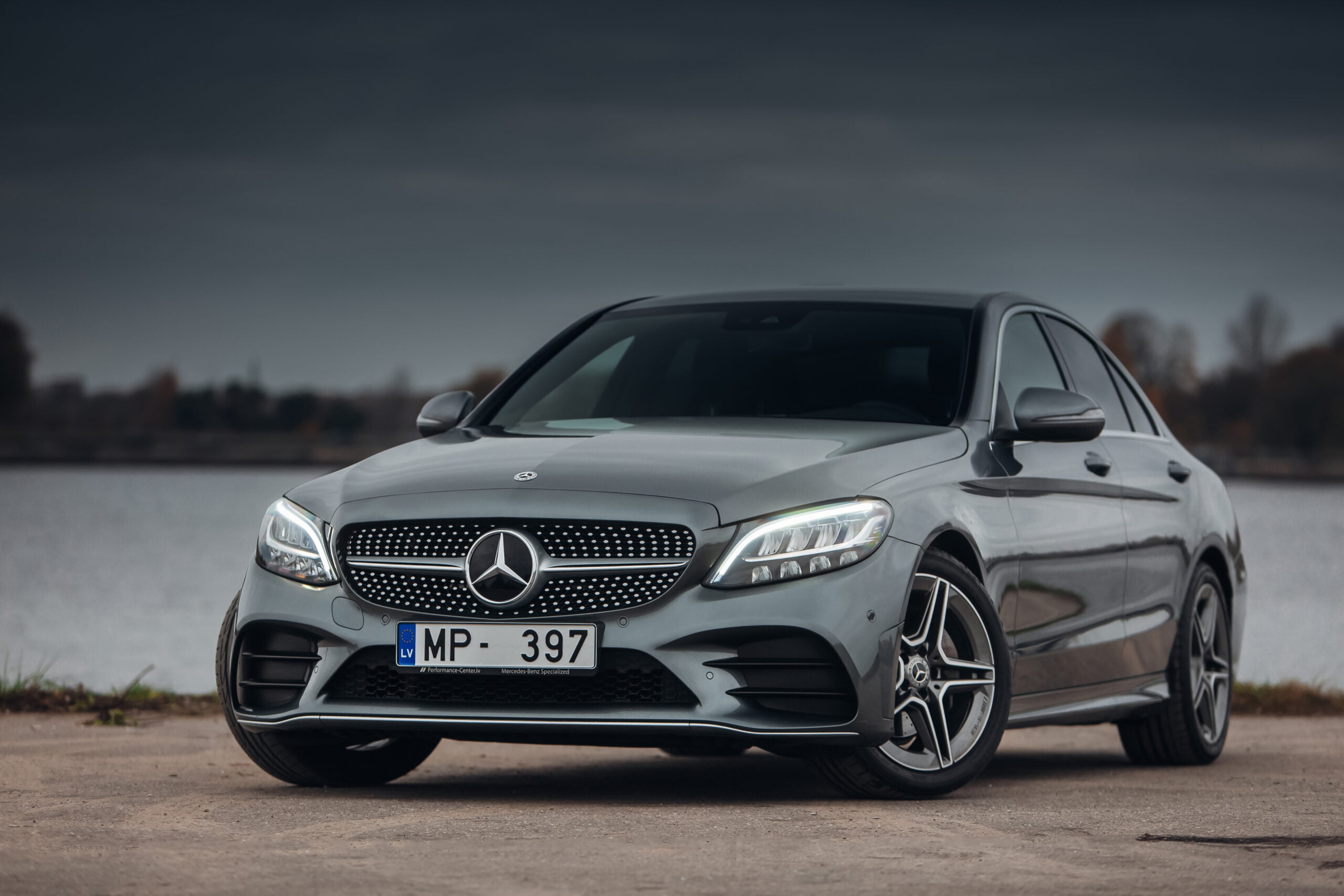
Known for its luxurious appeal and high-end features, the Mercedes-Benz C-Class is powered by a 2.0-liter turbocharged engine. Equipped with a mild hybrid system, it stands out with its vertical touchscreen and advanced safety systems. Produced in Germany, the tariffs on its high-end components and increased overall price alienate consumers.
Audi Q5
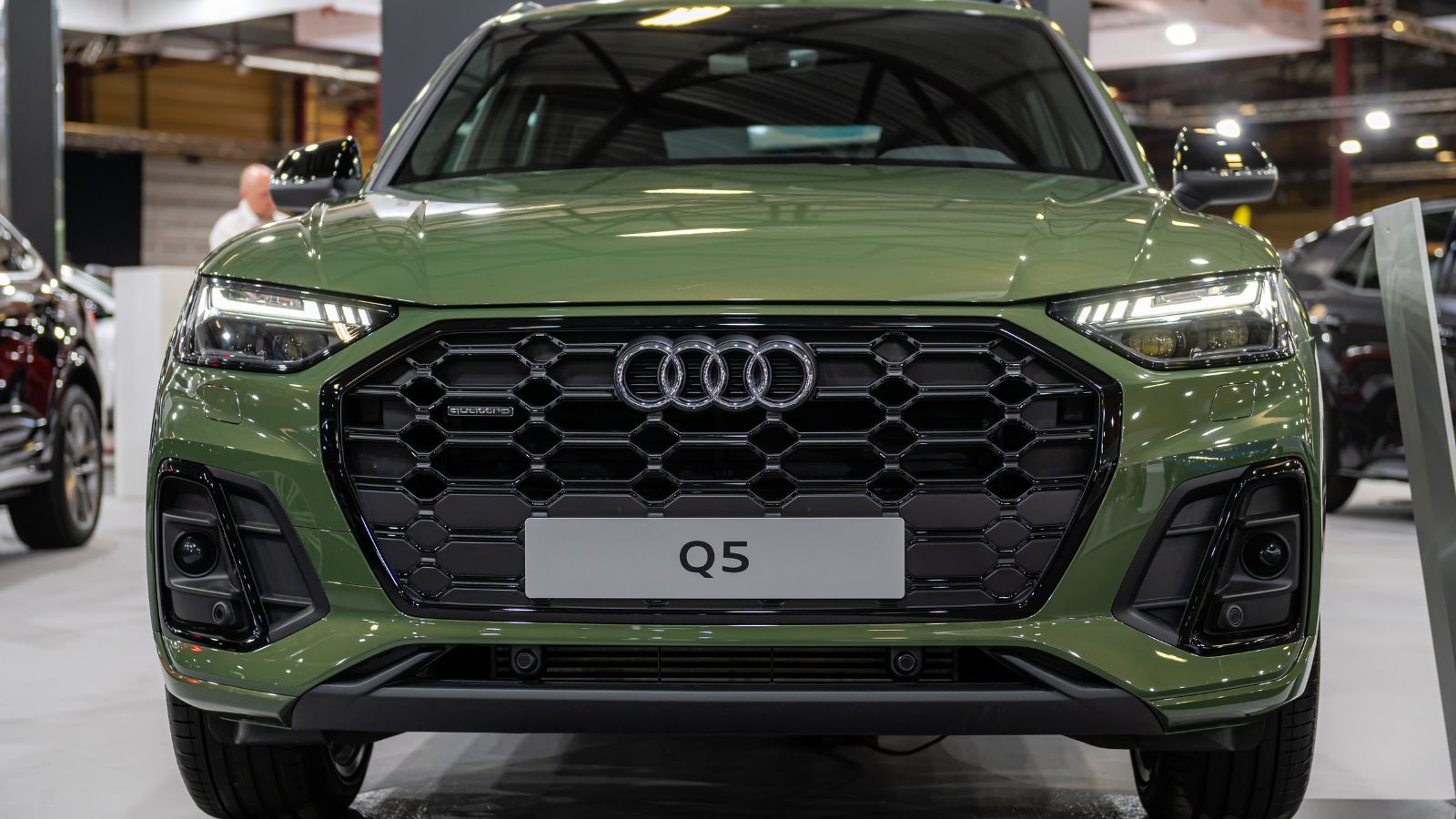
The Audi Q5, a Mexican-built compact luxury crossover, might be discontinued in Canada. Known for its 2.0-liter turbocharged four-cylinder engine and blistering acceleration, it earns a place in the premium SUV market. Nonetheless, since it is produced in Mexico, it faces U.S.-imposed tariffs on parts alongside intense competition from domestic vehicles.
Jaguar F-Pace
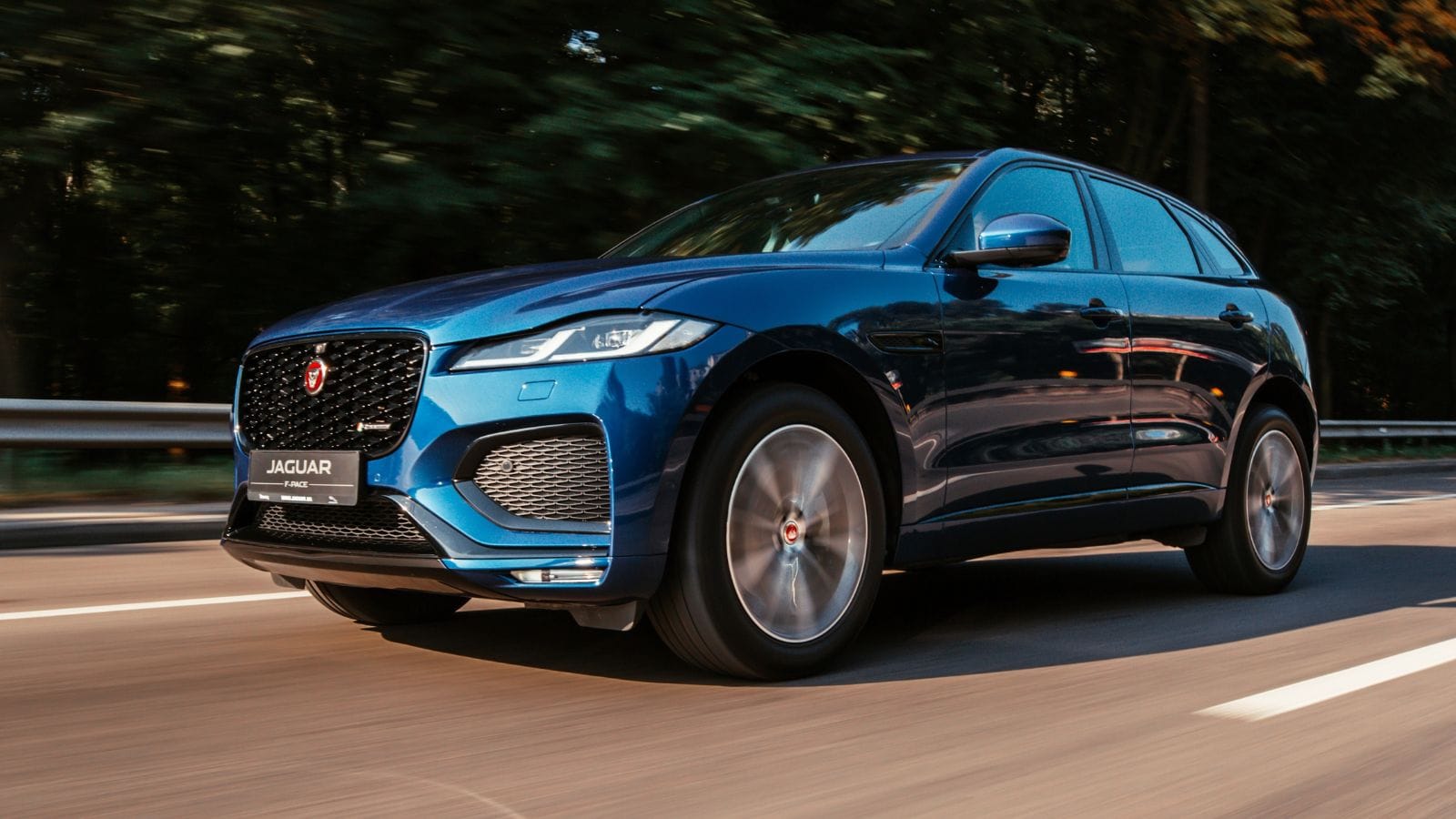
The Jaguar F-Pace may be discontinued due to various issues in Canada. Firstly, the major rebrand might affect the customers gradually drifting towards other styles and vehicles. The federal luxury tax, combined with the trade tariffs due to the U.S.-Canada dispute, contributes to higher production and import costs.
Land Rover Defender
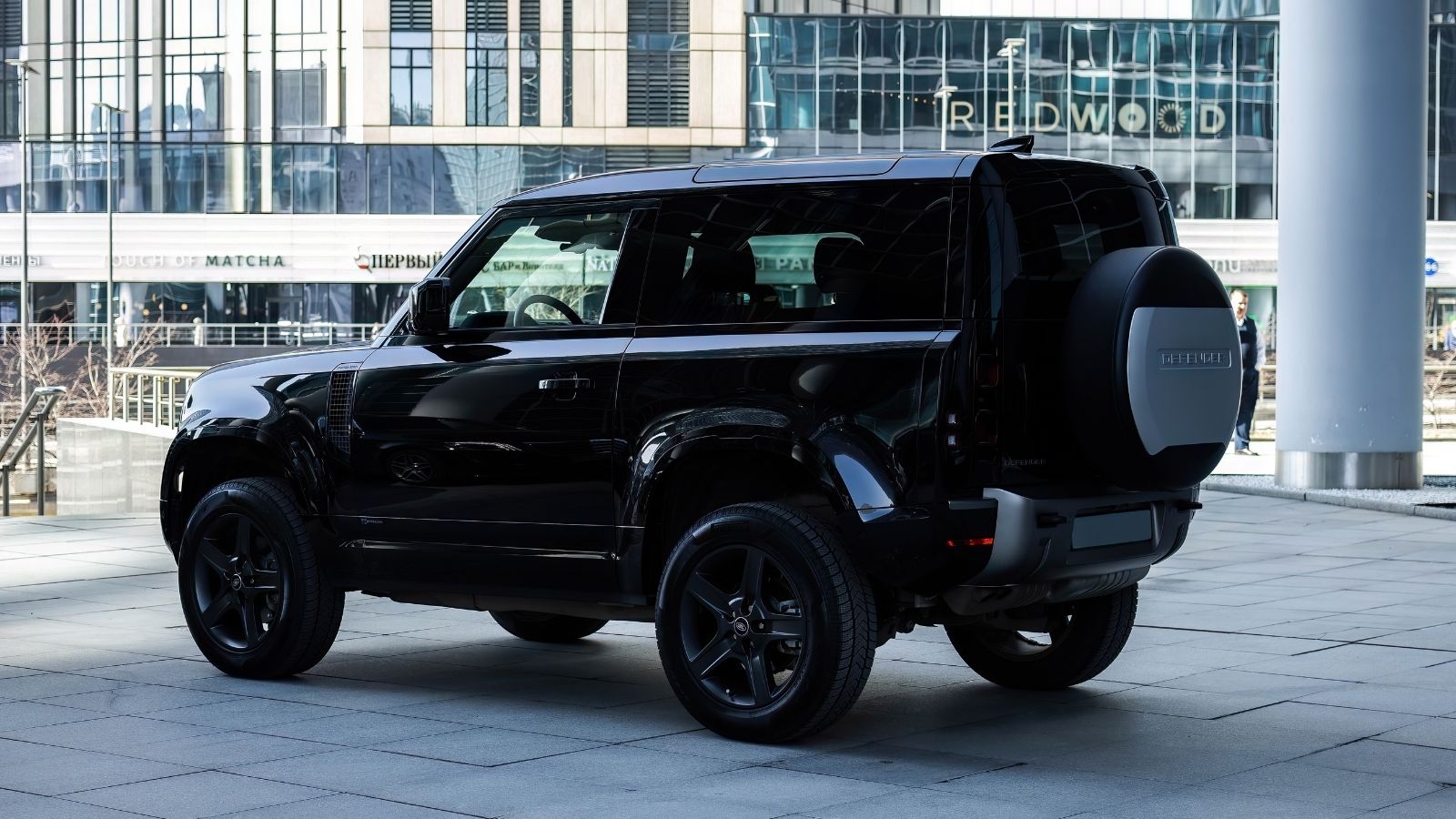
The Land Rover Defender is the epitome of comfort and performance. It stands out for its performance on rugged terrains, emerging as a symbol of luxury and class. This vehicle is built in Slovakia, and due to its components and cross-border trade, it faces harsh tariffs on its base price. The Defender’s low Canadian sales and high production costs heighten risk.
Kia Soul
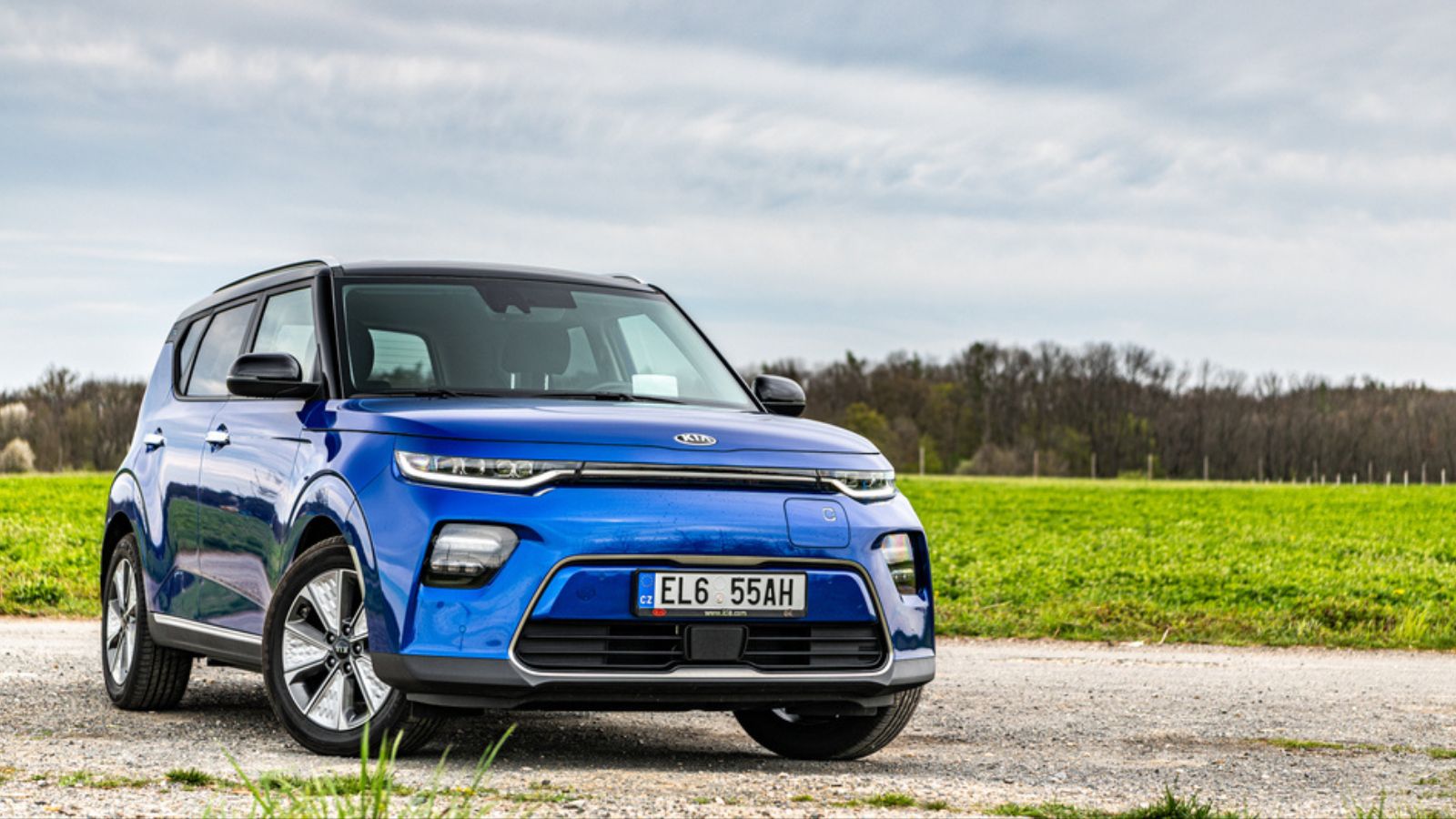
Produced in South Korea, the Kia Soul is powered by a 2.0-liter four-cylinder engine. Paired with all-wheel drive, this vehicle offers up to 101 cubic feet of passenger space and 62 cubic feet of cargo space. However, U.S. tariffs on non-USMCA Korean vehicles increase costs, and Canadian tariffs on U.S. parts increase problems for this vehicle.
Hyundai Elantra
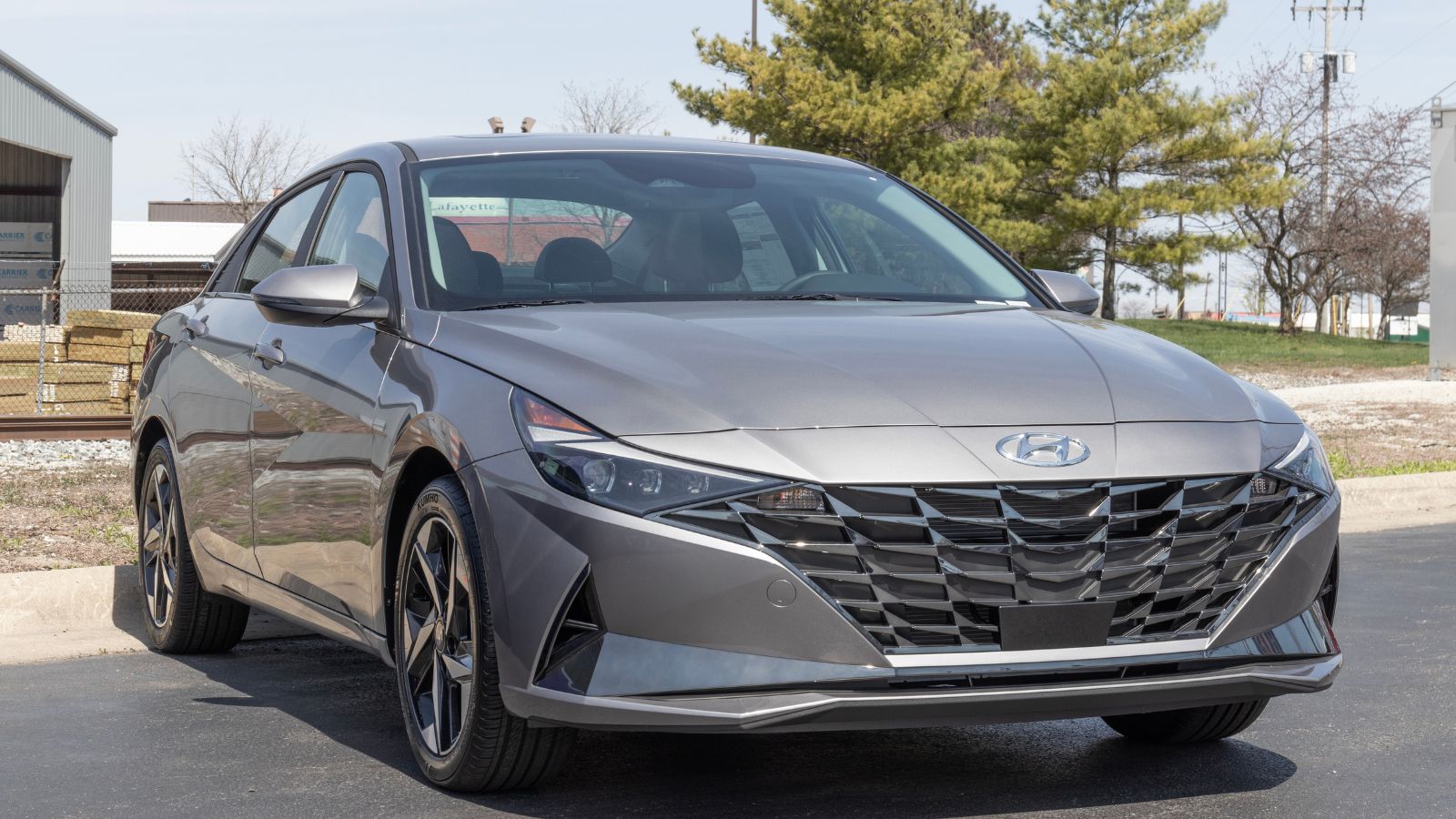
The Hyundai Elantra, equipped with a 10.25-inch screen for navigation, is produced in South Korea. Hyundai’s shift to U.S.-produced crossovers could be the most significant factor in discontinuing the Elantra in Canada. Its trade-driven price increases make it unviable in a tariff-constrained sedan market.
Nissan Sentra

The Nissan Sentra is produced in Mexico and faces U.S. tariffs on non-USMCA parts. These include its Japanese engines, exported transmissions, and infotainment systems, which increase costs. A favourite among Canadians for its consistent 5-star safety ratings, this vehicle might be discontinued in Canada due to trade disputes.
Toyota Camry
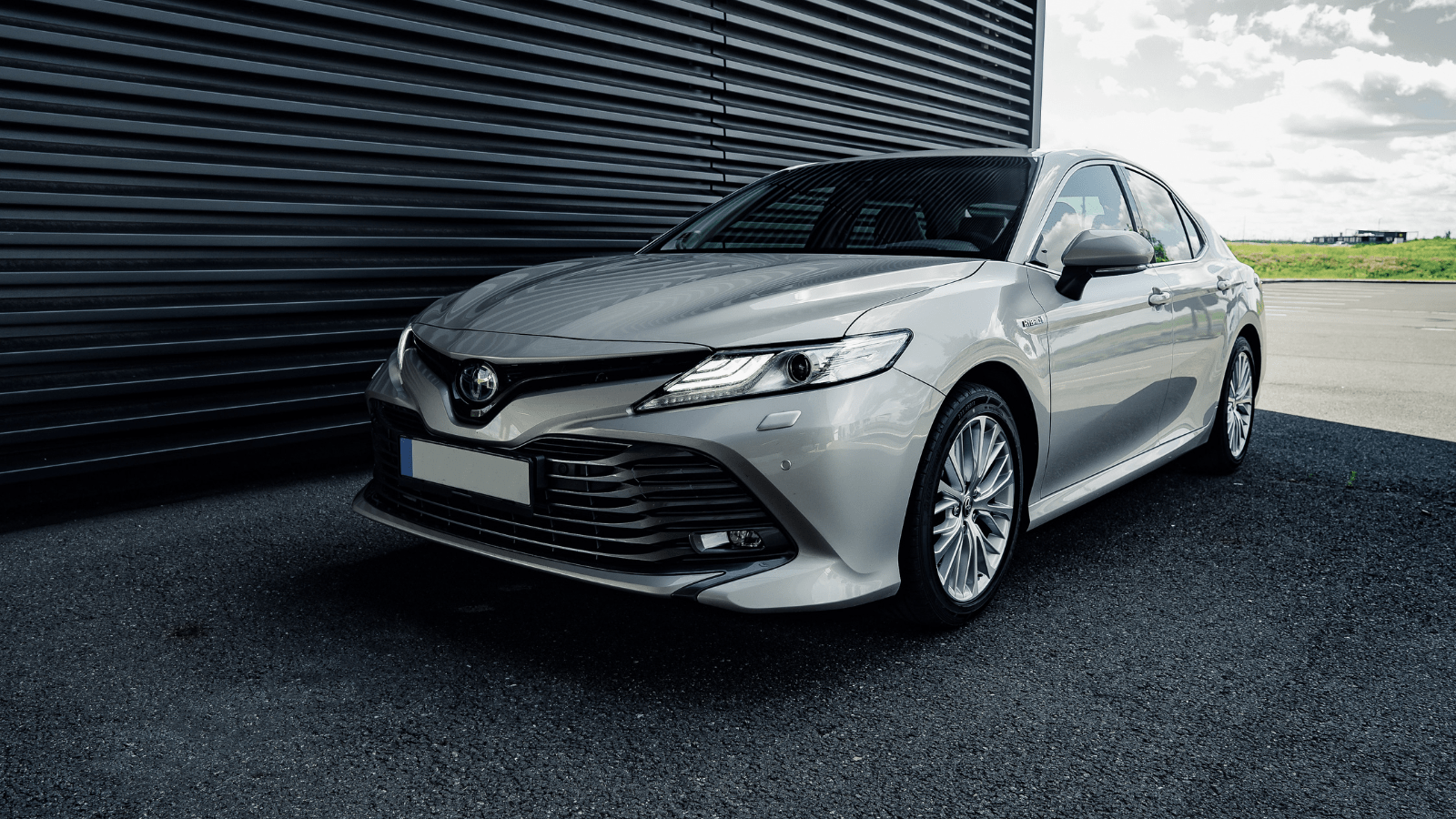
Manufactured in the U.S., vehicles like the Toyota Camry will soon be discounted. Apart from the increased costs and brutal effects of the tariffs, domestic vehicles are outrunning them. Canadians would rather opt for a cheaper, domestic brand than the Camry in the mid-size sedan category, offering the same features.
Subaru Ascent
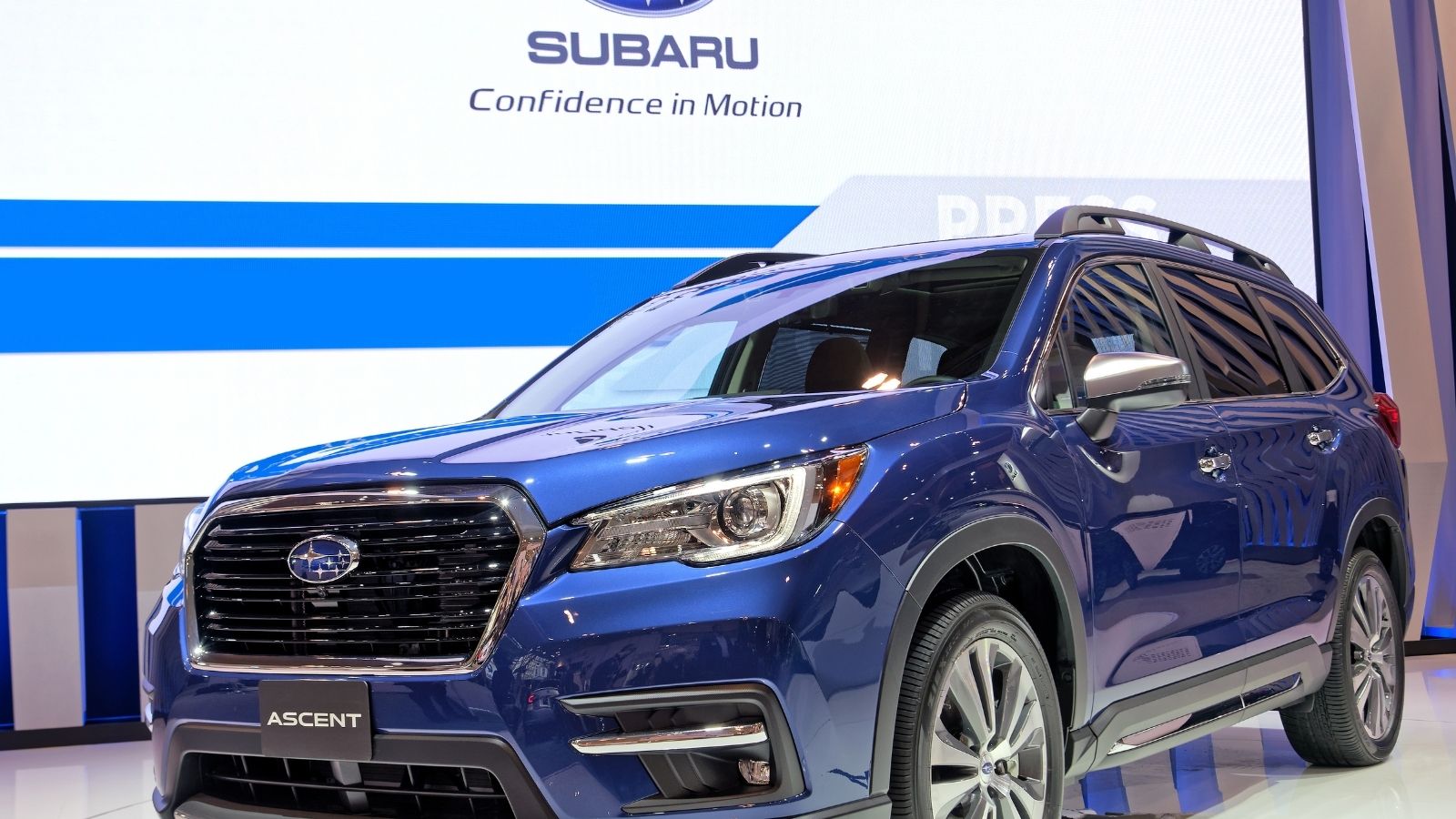
A three-row SUV that can accommodate up to seven passengers, the Subaru Ascent is genuinely fascinating. Powered by a 2.4-liter turbocharged boxer engine, it delivers up to 260 horsepower. One reason why this could be discounted in Canada is its production base in the U.S., resulting in price hikes, increased component costs, and maintenance hassles.
18 Budget-Friendly Electric Cars That Last Longer Than Their Loans — Economical Electrics
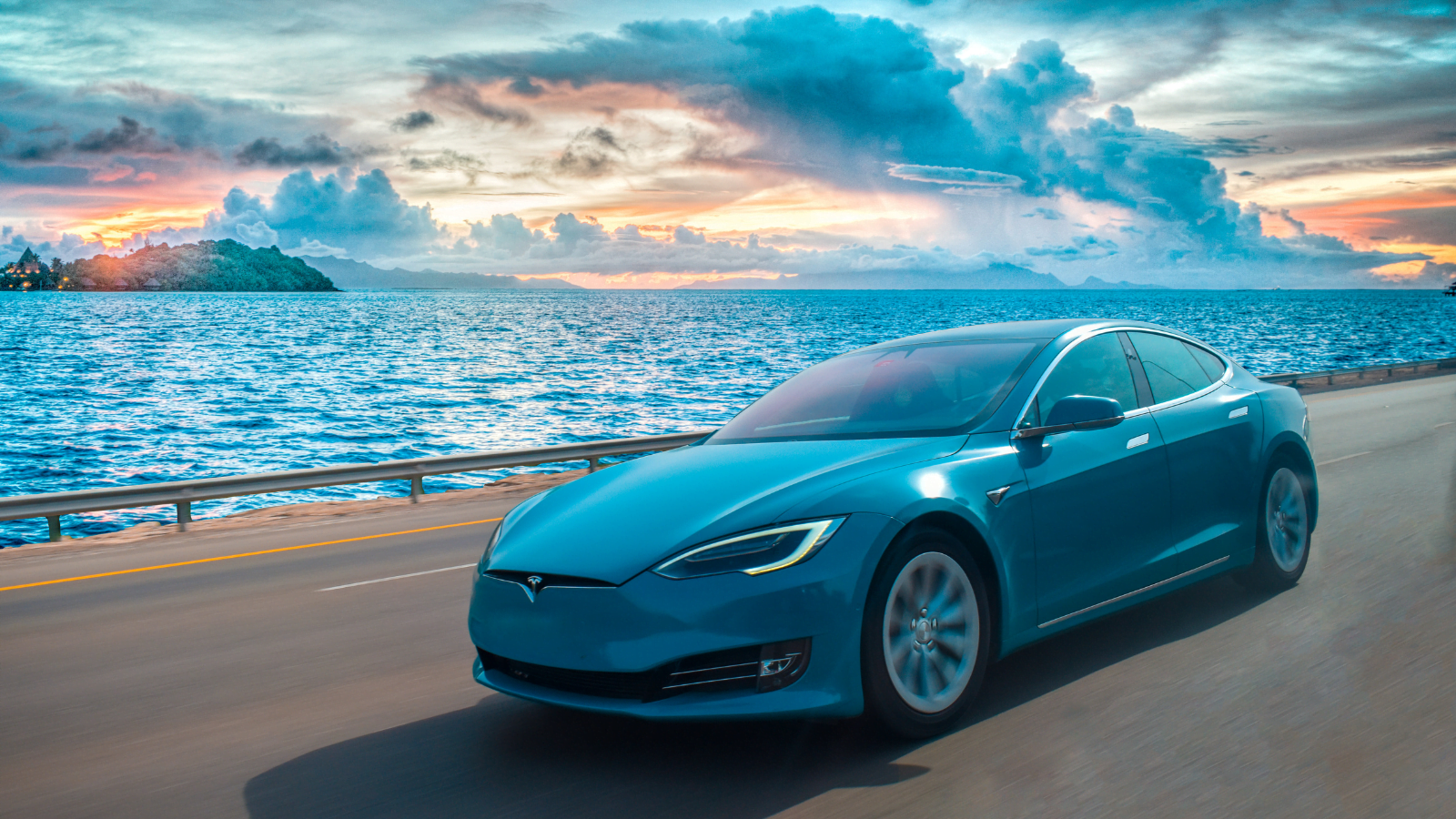
Electric vehicles are no longer a luxury for the elite—they’re a smart investment for the everyday driver. With manufacturers stepping up to the plate, affordable EVs now deliver on reliability, range, and modern comforts. Here’s a look at 18 economical electric cars engineered to outlast their payment plans.
18 Budget-Friendly Electric Cars That Last Longer Than Their Loans — Economical Electrics
